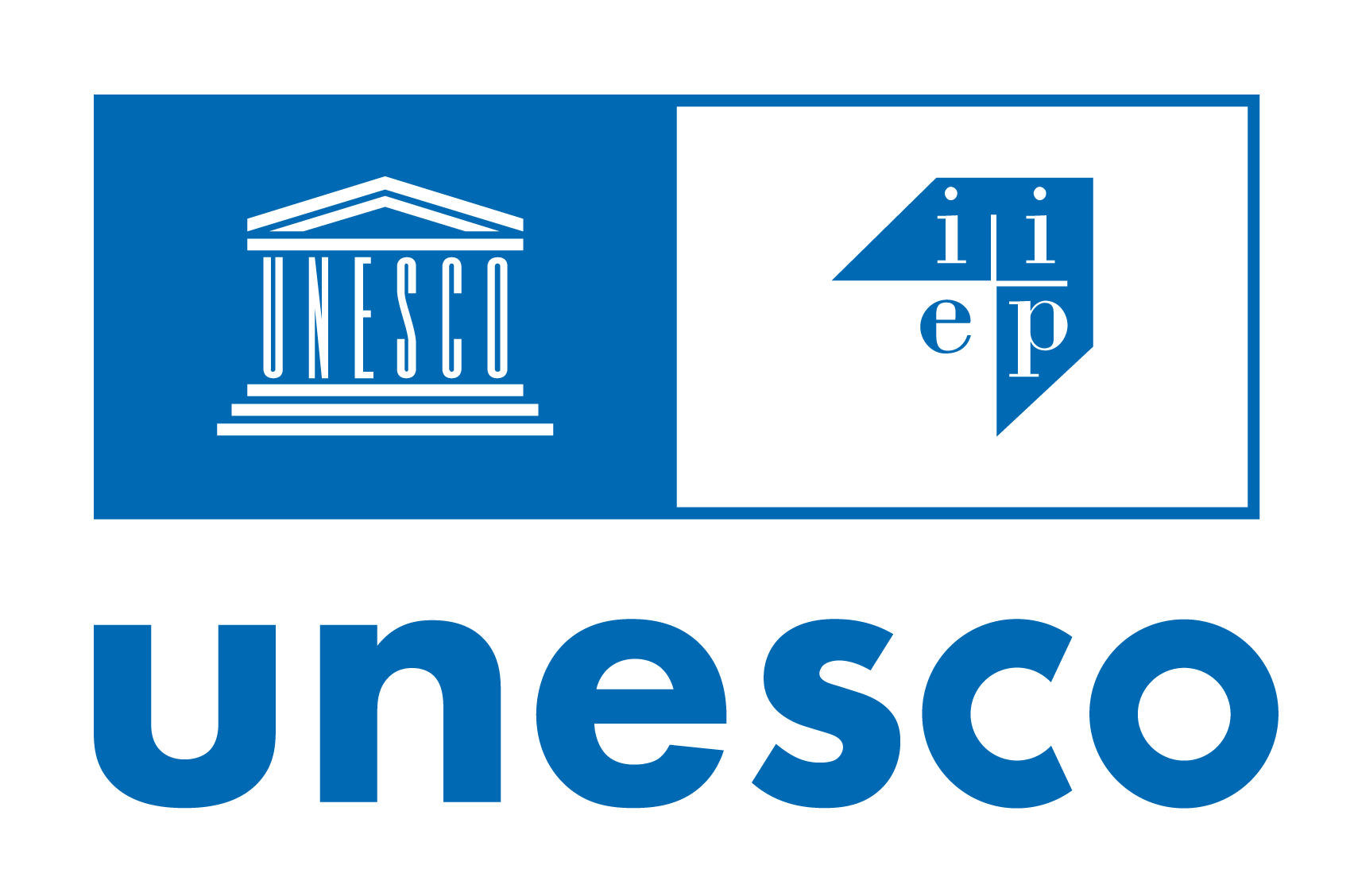The disruption caused by the COVID-19 pandemic to education systems around the world has been of an unprecedented scale. Within weeks of the first confirmed cases of infection, several countries took hard-hitting decisions, including closing entire school systems, in order to curb the pandemic’s propagation. By mid-April 2020, 195 countries around the world had instituted either nation-wide or localized closures of schools, suddenly depriving more than 1.5 billion children, or 90% of all learners globally, of access to schools. While many countries faced the same challenges regarding educational planning and management during the pandemic, governments have varied in their responses.
In order to foster cross-country learning, IIEP launched an online forum on ‘Planning and managing education in the context of COVID-19’, from April to June 2020, with financial support from Education Above All (EAA) and the EU’s Foreign Policy Instrument (EU-FPI). This NewsBrief presents what has been learned from these discussions.
The platform brought together 336 participants from 86 countries around the world. Participants were predominantly officials from ministries of education (MoEs) (36%) and employees of education institutions (17%), while experts from United Nations agencies and other international organizations working in the host countries represented the third-largest group (15%). Participants based in Africa accounted for the majority of participants (65%), followed by those from Europe (12%). The platform provided a space for participants to discuss the specific challenges and strategies in their countries.
This brief presents what has been learned from the discussions, including concrete examples of innovative practices, starting with some of the processes used to develop response plans. A second article explains challenges and opportunities related to inclusion and equity in education as a result of COVID-19, and a third examines the impact of the crisis on the education workforce. This also highlights the impact on learning assessments, including national exams, and subsequently present approaches used in higher education and technical and vocational education and training (TVET) sub-sectors to respond to the crisis.
One lesson that clearly emerged from all the thematic discussions was the importance of the preparedness of education systems for crisis and the need for better disaster-risk-reduction strategies. Indeed a great deal of the discussion on the exchange platform confirmed that many MoEs found themselves without a ‘Plan B’, or contingency plan, to ensure educational continuity and provide support for educational personnel in times of crisis, especially teachers. This global crisis presents an opportunity for ministries worldwide to reform their education systems so as to make them more resilient in the face of crises such as COVID-19.

